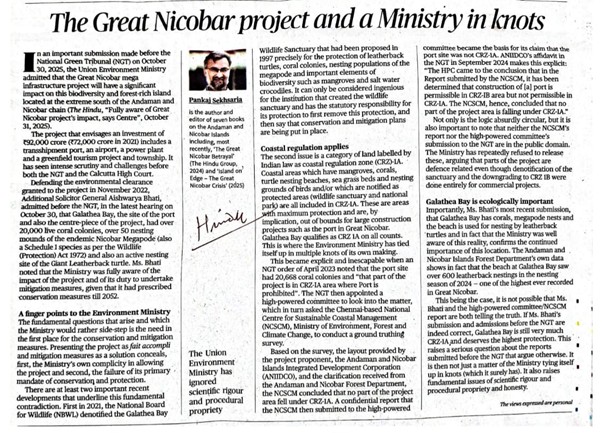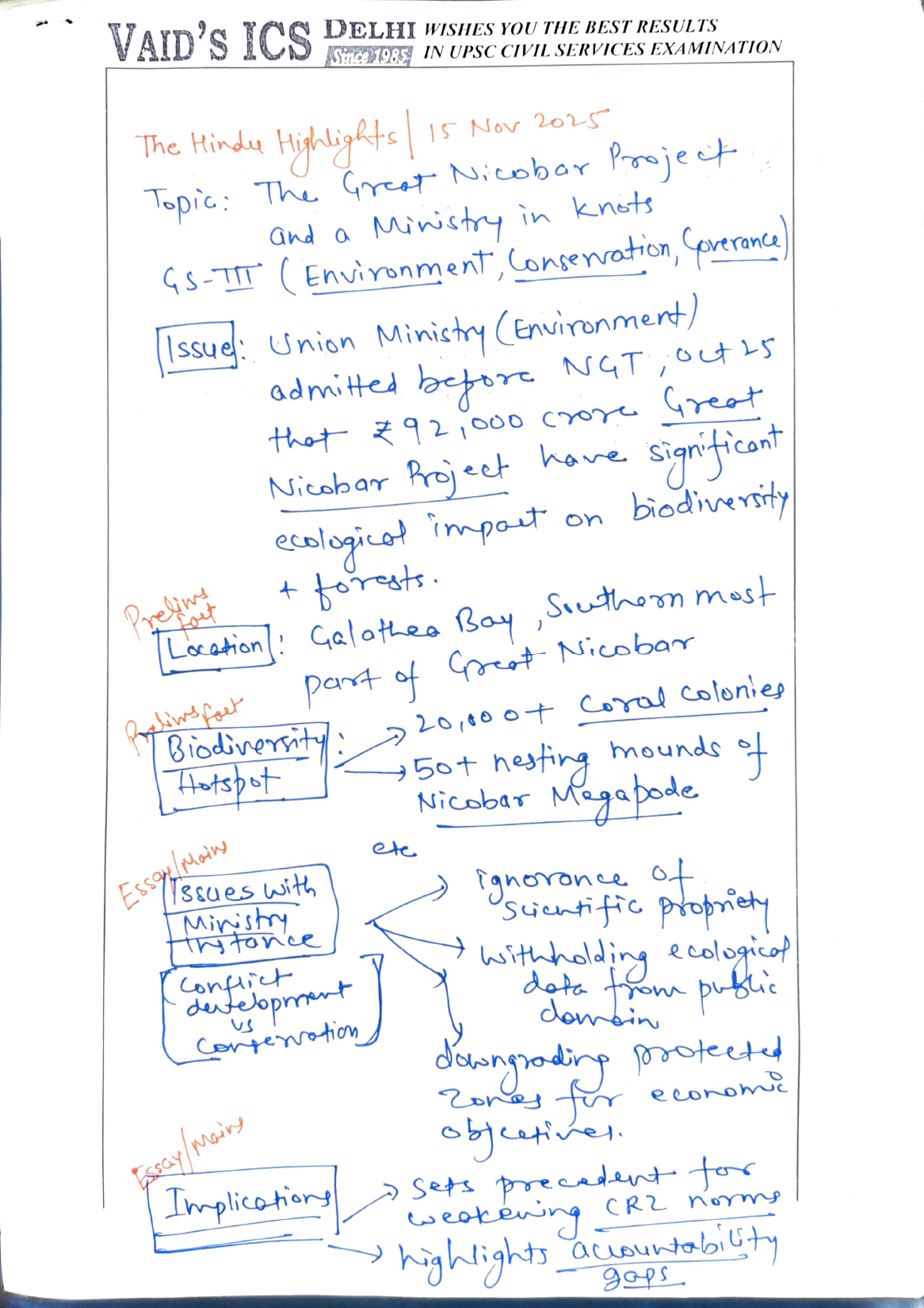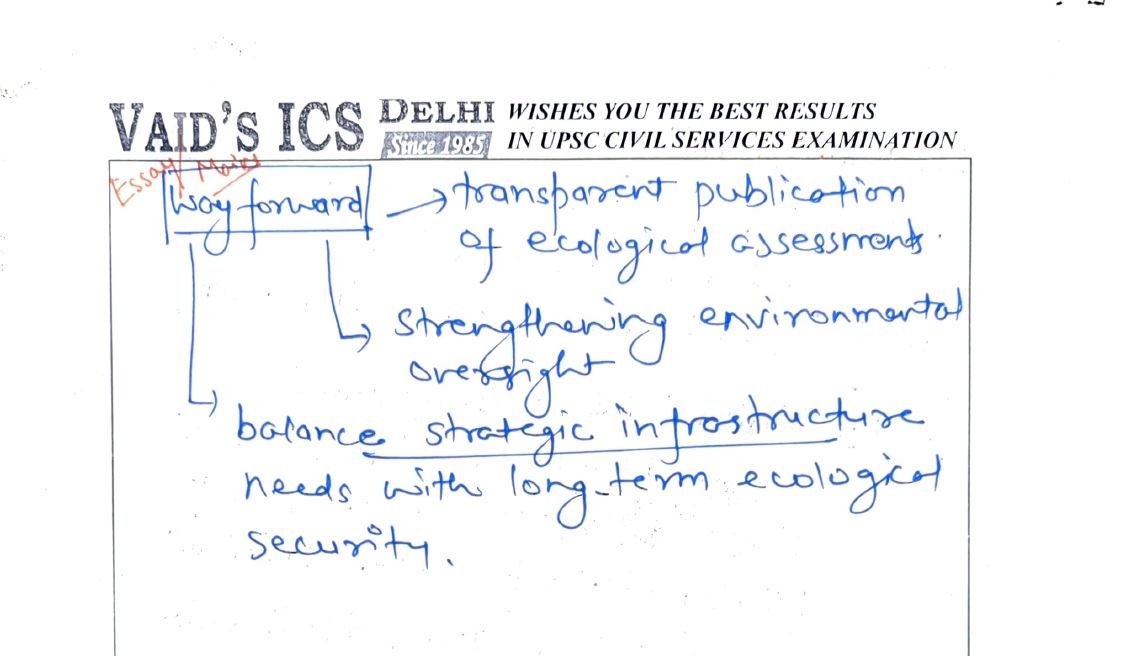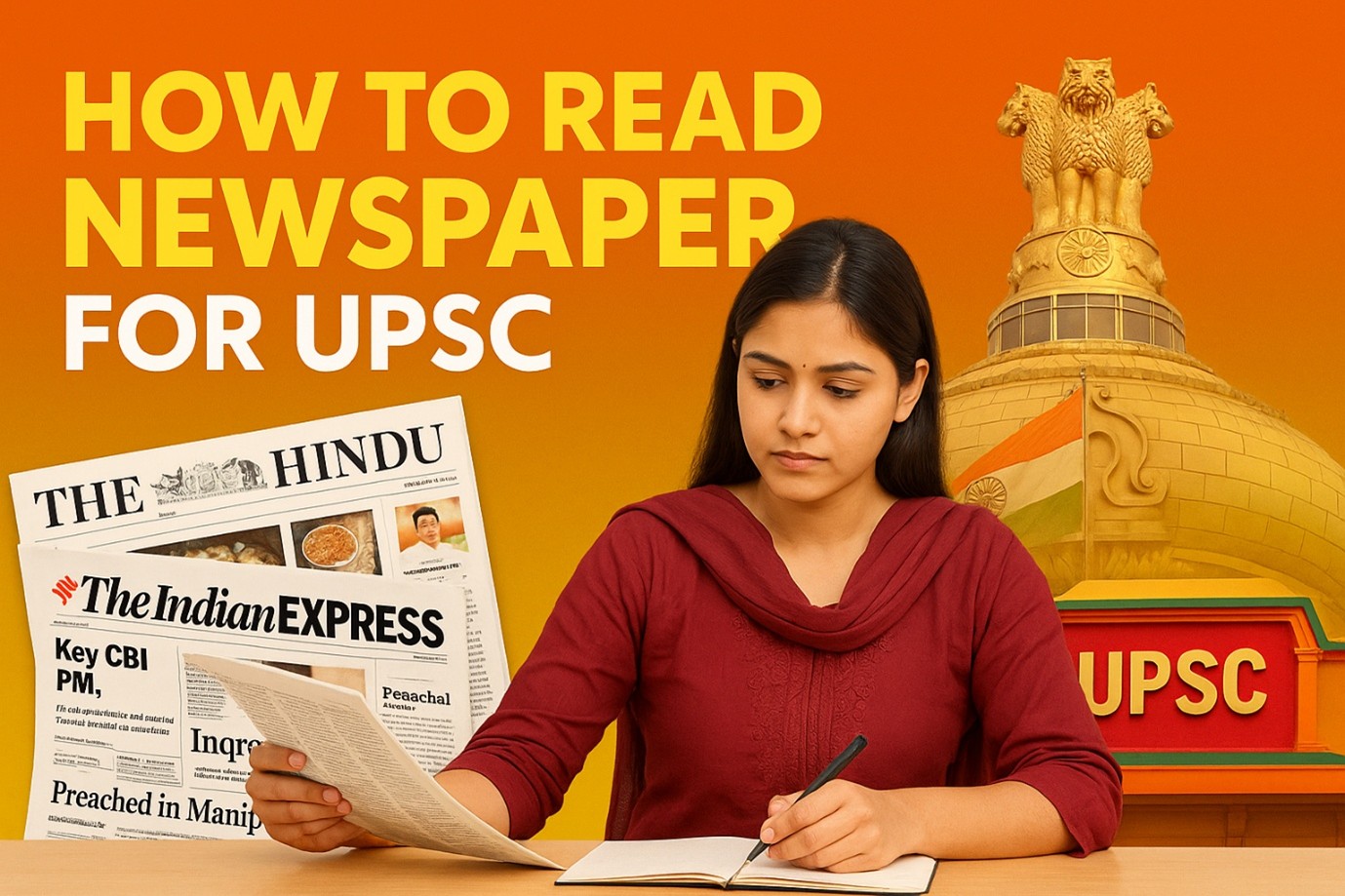How to Make Notes from The Hindu for UPSC
A Clean, Coherent & High-Yield System for Prelims, Mains, and Interview
For many aspirants, reading the newspaper feels like a maze. You start with motivation, but two hours later, you’ve read everything — but remembered nothing.
The truth? UPSC isn’t testing how much you read — it’s testing how well you understand, connect, and recall.
That’s where smart note-making from newspapers becomes your secret weapon.
This article simplifies the process — what to read, how to read, and how to convert daily news into crisp notes that directly help in Prelims, Mains, and even the Interview.
1. Why Reading Newspapers Still Matters
Even in an age of PDFs and monthly compilations, newspapers provide something that PDFs can’t — context, continuity, and character.
- Context: You don’t just read what happened — you understand why it happened and why it matters.
- Continuity: Daily reading weaves small developments into big, examinable themes.
- Character & Expression: Editorials refine how you think and how you express — a skill that shines not only in Mains answers but also in the Interview room.
Remember: The Hindu and The Indian Express aren’t written for UPSC aspirants. You must learn to read them through a civil services lens — filtering information, not absorbing it all.
2. What Your Notes Should Achieve
Each segment of the exam needs a different type of note:
- Prelims: Capture only dynamic facts — schemes, data, indices, and judgments.
- Mains: Focus on issues, their causes, implications, Analysis and way forward.
- Essay: Collect quotations, examples, and diverse viewpoints, and try to understand the style of writing and the way the analysis is done.
- Interview: Track personalities, policies, global developments, and ethical debates — you’ll be asked about them in conversation, not in bullet points.
In short, your notes should feed all three stages of the exam cycle — not just Prelims or Mains.
3. How to Read the Paper — From Beginner to Pro
Step 1 (First 10–15 days): Don’t rush into notes. Just build the habit and understand what’s relevant.
Then, read selectively:
- Front Page: Focus on governance and policy implications, not political statements.
- Nation Pages: Schemes, Parliament sessions, Supreme Court judgments, Centre–State relations.
- Editorials & Op-Eds: Gold for analytical depth and vocabulary.
- Business: RBI policies, inflation, budget, and reforms.
- World: Only India-relevant or major geopolitical shifts.
Skip freely — political rallies, celebrity news, or company results won’t help in UPSC.
With practice, your daily reading time should fall to 45–60 minutes.
4. Making Notes for Prelims
Think about topics, not subjects. Create small folders or documents by theme.
Example structure:
Economy → Inflation | FDI | Budget | Growth
Environment → National Parks | Climate Treaties | COP Summits
Defence → Missile Systems | Strategic Partnerships
Sci-Tech → ISRO | Biotechnology | Space & Health Policies
Record only what can appear in MCQs — data, reports, schemes, institutions, and judgments.
Example:
“Auto sales lowest since 1997–98”
- Tag: Economy → Slowdown
- Add: Source (SIAM), global rank, EV policy snapshot.
Short, factual, and easy to recall.
5. Making Notes for Mains
Here, you move from facts to analysis. Maintain topic-wise files linked to GS papers, not by date.
GS-II: Polity, Governance, Social Justice, and International Relations
GS-III: Economy, Agriculture, Environment, Internal Security, Science & Tech
In each, include:
- Key Acts or Judgments
- Institutional challenges and reforms
- Global comparisons (UNDP, WB, IMF)
- Way forward (3–4 points, concise)
Tip: When Article 370 made news, UPSC didn’t just ask about it — it linked it to federalism and Article 371. Always think one conceptual layer deeper.
6. Building Your Essay & Interview Material
This is where most aspirants miss the trick.
Newspapers are the richest source for real-life examples, quotes, and data nuggets — the stuff that makes both essays and interviews shine.
Keep a separate document for:
- Themes: Education, ethics, gender, climate, urbanisation, technology.
- Quotes: From editorials, reports, or speeches.
- Data Points: From UNDP, NITI Aayog, or World Bank reports.
- Smart Learning: Try to understand the style of writing, the flow of content, and the way analysis is being conducted.
When you sit for your interview, these examples help you frame balanced, evidence-backed answers. It’s what makes your replies sound well-read, not rehearsed.
7. How to Write Notes that Stick
- Identify the core idea and 3–4 takeaways.
- Structure notes as: Issue → Why Now → Facts → Implications → Way Forward.
- Use bullets, not paragraphs.
- Save 2–3 strong phrases (like regulatory inertia, ethical deficit) — they make your answers stand out.
- Build a small vocabulary bank for both Mains and Interview articulation.
- Tag every note with syllabus mapping: e.g., GS-II | Governance | Judicial Reforms.
- Review rhythmically — daily (tidy), weekly (merge), monthly (prune).
8. The Daily–Weekly–Monthly Workflow
Daily (45–60 min):
- Read → shortlist 4–6 relevant items
- Write 80–120 words per issue
- Tag under GS paper & topic
Weekly:
- Merge duplicates, connect stories into issue briefs.
- Add one quote and one data point to your Essay/Interview bank.
Monthly:
- Cross-check with Vision or Forum compilations — fill gaps.
- Delete fluff. Keep only crisp, concept-linked notes.
9. The “Keyword Story” Trick
Pick 4–5 important terms each day (like MSP, COP, Digital India, PESA).
At week’s end, write a small paragraph connecting events, policies, and implications.
This helps you recall continuity — a skill invaluable for both Mains linkage and Interview discussions.
10. What to Focus On — Subject-Wise
- Polity: New bills, judgments, Centre–State issues, institutional reforms.
- Economy: Inflation, budget, RBI policy, employment data.
- IR: India’s engagements with UN, ASEAN, BIMSTEC, G20.
- Environment: COPs, climate reports, biodiversity conservation.
- S&T: ISRO, health tech, AI policy, indigenous innovations.
- Society: Health, education, welfare schemes, gender inclusion.
11. Sample Note —News

Hand-written Note:


12. Common Mistakes to Avoid
❌ Reading every line — learn to filter.
❌ Copy-pasting entire articles — note what helps answer questions.
❌ Mixing GS and Optional notes.
❌ Ignoring revision — without it, notes lose value.
✅ Golden Rule: If it won’t help you write a better answer or defend a view in your Interview, delete it.
13. The Final Takeaway
Treat The Hindu as a daily one-hour analytical workout, not a reading ritual.
- Read with purpose.
- Write in your own words.
- Revise regularly.
You don’t remember what you read — you remember what you understood and rewrote.
Start small. Stay consistent. Over time, your notes become a personal knowledge vault — one that powers your answers in Prelims, Mains, and the UPSC Interview.
Recommended Sources
- One daily: The Hindu or The Indian Express
- Depth: PIB, PRS India, Down To Earth
Themes: Yojana, Kurukshetra




-03022026-044040pm.jpg)



